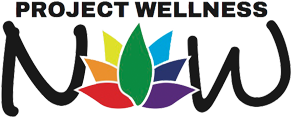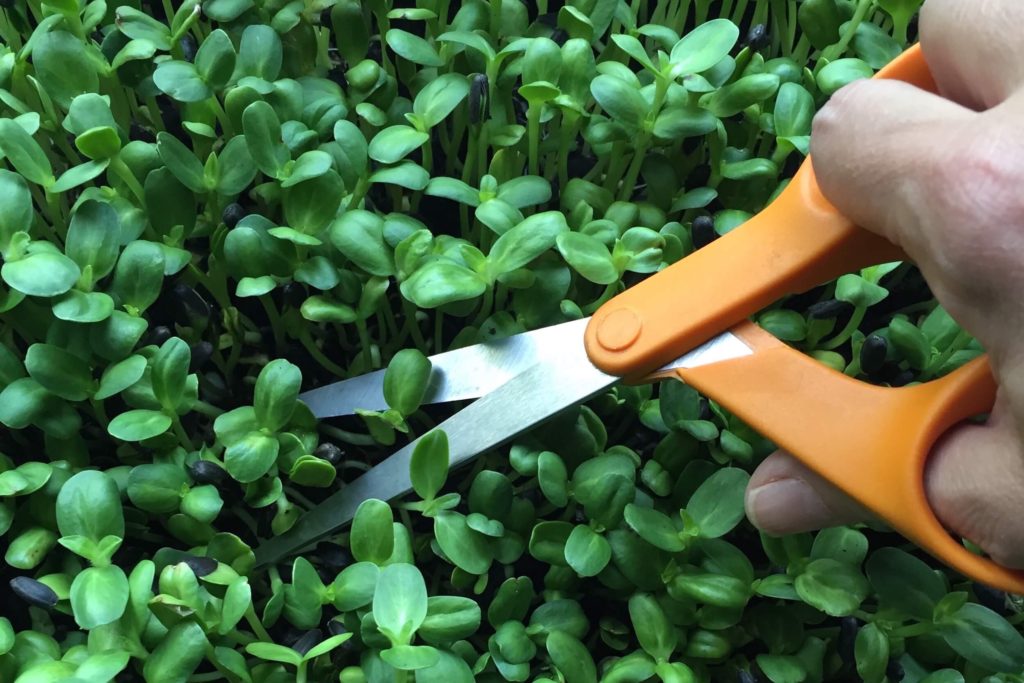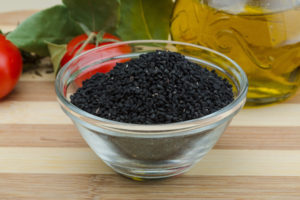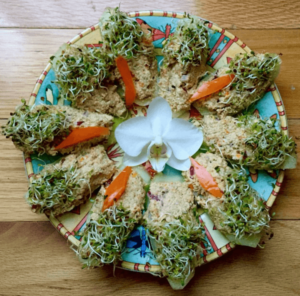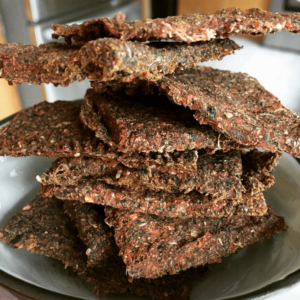By Esse Johnson
Within six months, the average Sunflower can grow from 8 feet to as high as 12 feet tall. According to Guinness World Records, as of 2014, the tallest ever sunflower grew to 9.17 m (30 feet 1 inch). The tiny seed that produces a plant so large in so little time would have to be jam-packed with nutrients, doncha’ think? In fact, it is.
But first, let’s tackle why eating the sunflower sprouts is so far superior to the dry seed, or feel free to scroll down for the skinny on nutrient profile and density.
YOU MAY ALSO LIKE ===> FACTS YOU NEED TO KNOW ABOUT SUNFLOWER SEEDS
Why Sprout?
Sprouting grains, seeds, nuts, beans, and legumes (all referred to as “seed” from here) is a food practice observed around the world for thousands of years. People then and now have discovered that sprouting naturally enhances the nutritive value of any seed and also makes its goodies even more bioavailable.
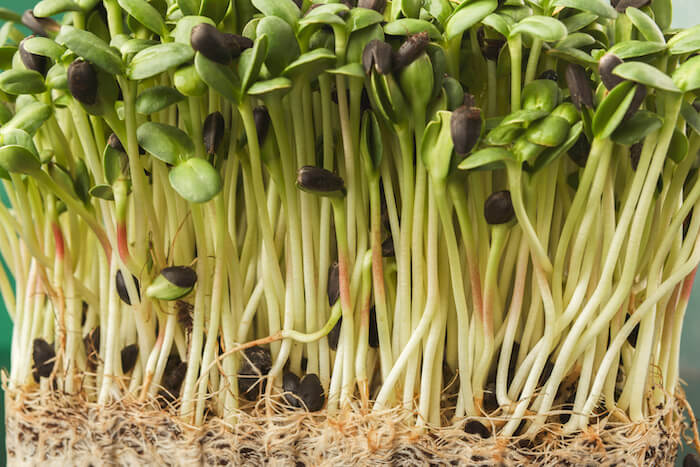
1. Decreases Anti-Nutrients, Increases Nutrient Absorption
Anti-nutrients, such as the infamous phytic acid, are components found in seeds that actually block the absorption of the vitamins and minerals contained within them. In the garden, these protect and defend plants from their predators, who fall a little ill if they consume them. Anti-nutrients also slow the progression towards sprouting so the seed has time to ripen and mature before bursting into its next phase. In humans, however, anti-nutrients pose a bit of a conflict of interest, and one of the ways to overcome it is to sprout the seed.
When sprouted, anti-nutrients like phytic acid decrease by an average 50%, which means you absorb more vitamins and minerals like the B Complex, calcium, magnesium, zinc, and iron, as well as naturally occurring proteins and enzymes.
2. Provides Digestive Enzymes
When sprouted, the raw seed becomes edible as germination causes a massive hike in enzymes. The increased enzymes enable the seed to produce the nutrients it needs to build a living plant or flower. During that process, the sprout will produce up to 100 times more enzymes. 100 times more enzymes mean a lot less strain on your body as those enzymes powerfully assist in various vital biological functions including the breakdown and assimilation of food nutrients.
3. Increases Antioxidants
Multiple studies suggest that sprouting can cause a significant increase in antioxidants, and even cause new ones to form. A 2007 study looked at buckwheat and found: “Concentration of rutin [antioxidant compounds] was increased more than 10 times, with the production of quercetin and one newly formed flavonoid during 48 h germination.”
Another study observed that various sprouted legume seeds significantly increased antioxidant levels “and improved free radical scavenging…, anticancer, and ADH (alcohol dehydrogenase) activities, showing higher contents and activities in sprouts than in seeds. Sprouting of seeds is known to increase the nutritive value such as phenolics and flavonoids and the health qualities of foods in a natural way.” Awesome!
4. Increases Overall Nutrient-Density
Not only does sprouting increase the bioavailability of nutrients, but actually increases the volume of nutrients within the seed itself—by 10 to 30 times. Many sprouts will show increases in the 1000 %s for Vitamins A, C, K, and B Complex. Vitamins D and E can increase by upwards of 600%. One article summarizes a significant study that confirmed the incredible enhancement of nutrition in sprouts:
“One of the world’s leading bio-energetic doctors Professor Dr. Valerie Hunt tested sprouted foods at UCLA in the 1970s and found that on average that sprouts like alfalfa, clover, broccoli (yes, the sprout is far more nutritious than the fully-grown vegetable), sesame, sunflower, lentil, mung, adzuki, soy, fenugreek, and other soil-less sprouts are roughly 10 times as nutritious as the best freshly picked organic green vegetables such as broccoli, kale, and spinach.”
Sprouting multiplies the “super” in your superfood!
Sunflower Seeds: Highest Nutrient Density?
Back to our 30-foot flower from a half-centimeter seed. Sunflower seeds pack an impressive nutrient profile straight off the pod but, as we’ve seen, sprouting can multiply its various nutrients by hundreds and even thousands of percentiles. It’s no wonder Sunflower Sprouts are considered to be the MOST nutritious of all the sprouts!

Nutrient Profile and Benefits of Sunflower Sprouts
When sunflower seeds become sprouts, they become an even more profound source of:
Essential Amino Acids
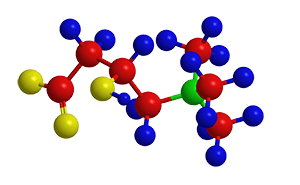
– Fundamental building blocks of bodily tissue
– Build lean muscle
– Burn fat
– Repair muscle tissue
– Enhance immunity and antioxidant activity
Sunflower sprouts are also a significant source of these 5 vitamins and minerals:
1. Zinc
– Strengthens and supports the immune system
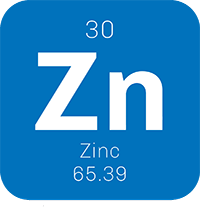
– Anti-inflammatory
– Improves vision
– Regulates and balances testosterone
– Helps to eliminate acne
– Supports healthy prostate in men
– Anti-cancer
2. Vitamin A
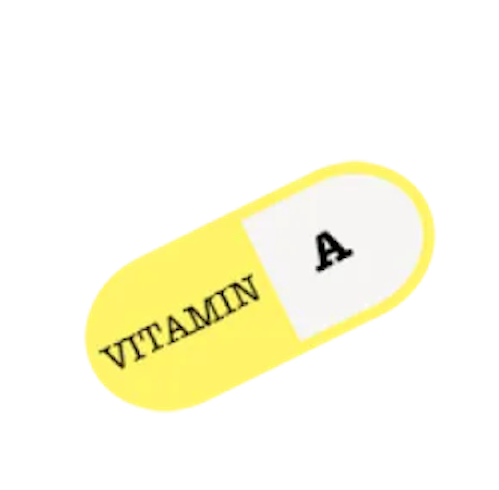
– Protects and supports eyes
– Strengthens and supports the immune system
– Anti-inflammatory
– Supports a clear, youthful complexion
– Anti-cancer
3. B Vitamins
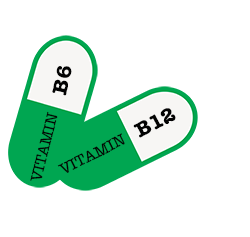
– Energize (they convert food to fuel)
– Increase metabolism
– Promote healthy skin and hair
– Aid and support memory
– Reduce anxiety and depression
– Enhance the function of the nervous system
4. Vitamin D
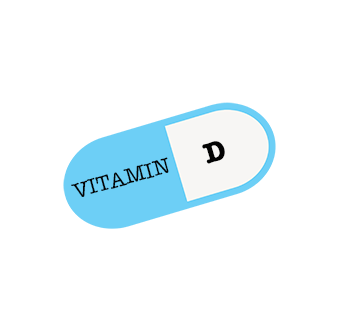
– Regulates absorption of calcium and phosphorus
– Promotes healthy teeth and bones
– Helps to lower high blood pressure
– Supports heart health
– Fights infections including cold & flu
– Anti-cancer
5. Vitamin E
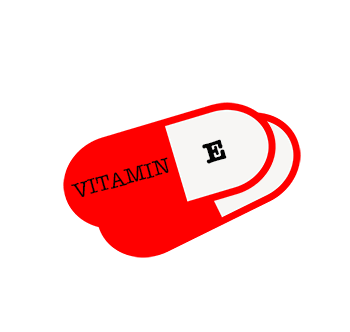
– Supports eye health
– Powerful antioxidant supports the immune system
– Anti-inflammatory
– Heals the skin and promotes a healthy, beautiful complexion
– Supports a healthy brain and nervous system
– Helps repair muscles and decrease recovery time for athletes
– Eases PMS symptoms
And these, too: Calcium, Magnesium, Iron, Potassium, Copper, Phosphorus, Selenium
Check out these nutrient stats for just ¼ cup of raw sunflower seeds (note the Daily Reference Intake/Daily Value%), and bear in mind—when sprouted, these increase dramatically.
Sunflower Seeds, dried 0.25 cup 35.00 grams
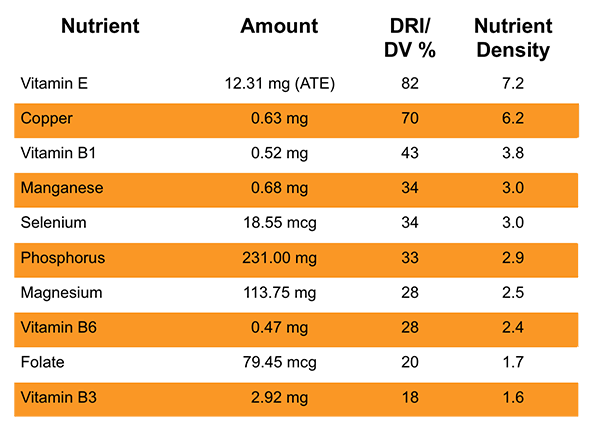
(Info source: worldshealthiestfoods.com)
Are you sold, yet? I know I am!
References:
Studies on germination conditions and
antioxidant contents of wheat grain.
Nutritional improvement of cereals by
sprouting.
Effect of germination and thermal treatments
on folates in rye.
World’s
Healthiest Foods (Sunflower Seeds)
http://naturalsociety.com/sprouting-receive-900-percent-nutrition-food/
Total polyphenols and bioactivity of seeds
and sprouts in several legumes.
YOU MAY ALSO LIKE:
“A REMEDY FOR EVERY ILLNESS EXCEPT DEATH”
Every once in a while we all hear about an apparently miraculous natural supplement, packed with a remarkable array of medicinal…
ENCHANTED ECO-THERAPY: THE PHENOMENA OF FOREST BATHING
“Between every two pine trees, there is a door leading to a new way of life.”John MuirTweet Many of us enjoy…
5 WAYS TO BE KINDER TO YOURSELF IN 2023
With the new year underway, many of us are looking forward to fresh starts and new resolutions. While most people focus…
RAW SUNFLOWER SPREAD
Some consider sunflower seeds to be one of the world’s healthiest foods. A handful will supply you with significant amounts of…
REWILD YOURSELF
Awareness of our situation must come before inner changes, which in turn come before changes in society. Nothing happens in the…
RAW VEGGIE JUICE PULP CRACKERS
Have you ever wondered what to do with the leftover pulp from your juice? Did you hate wasting it? We’ve got…
